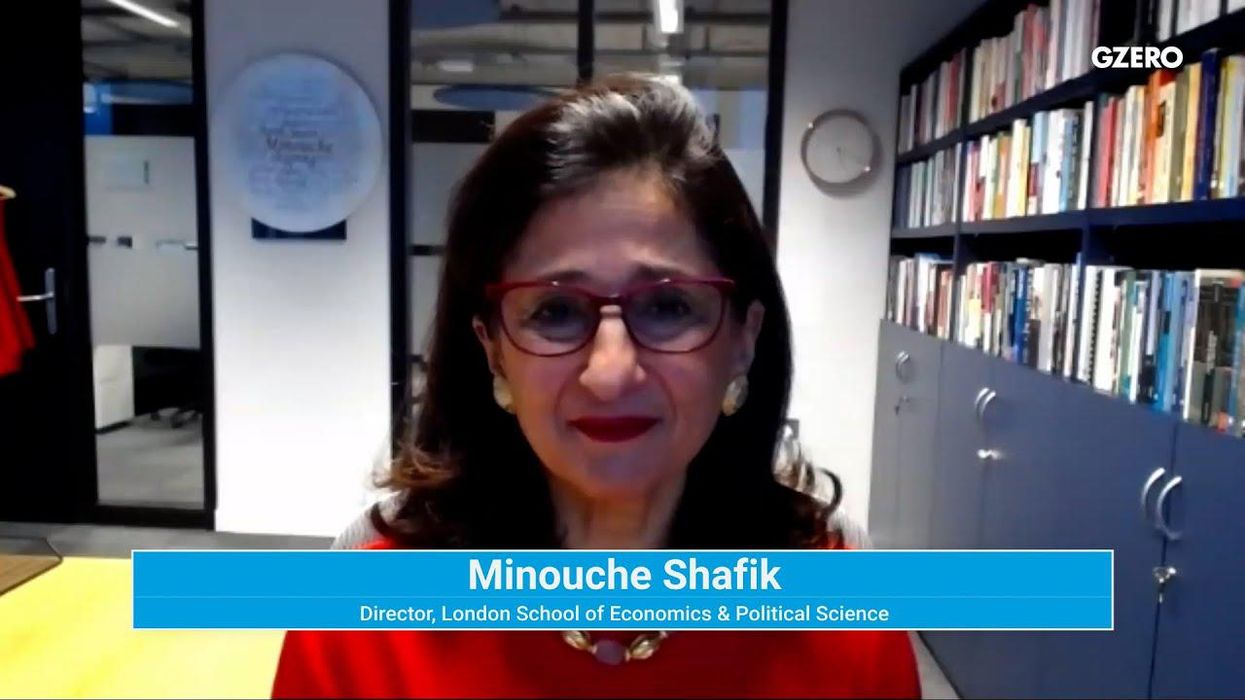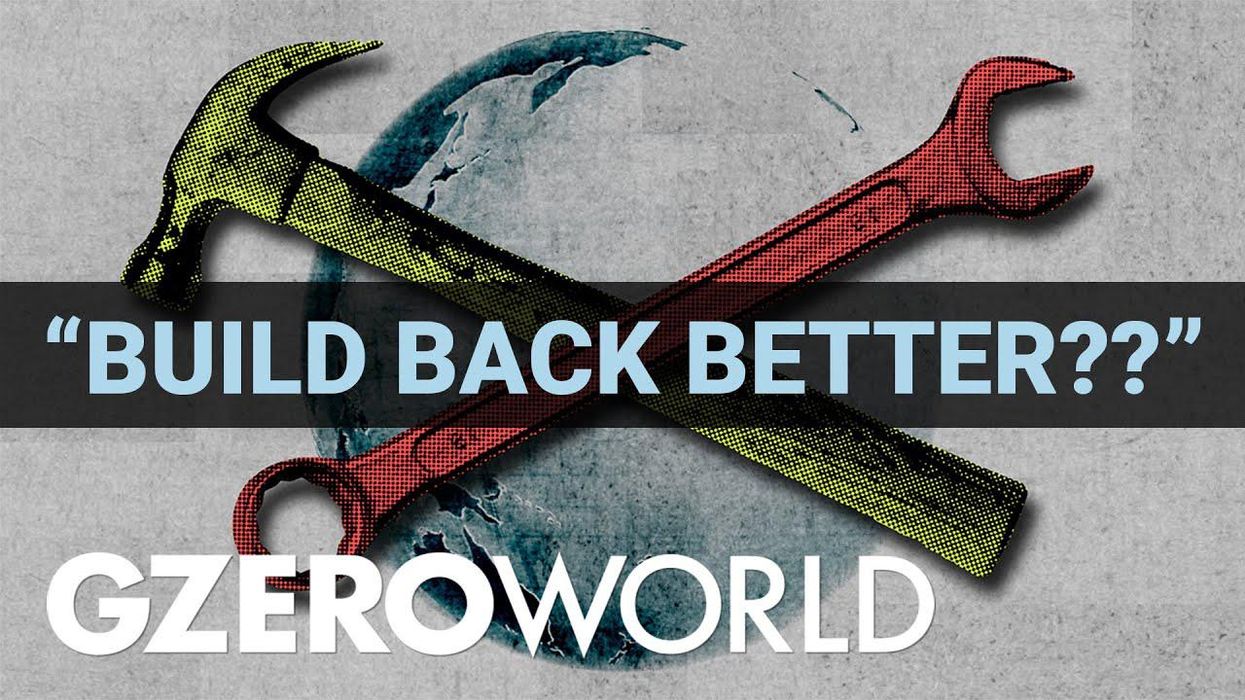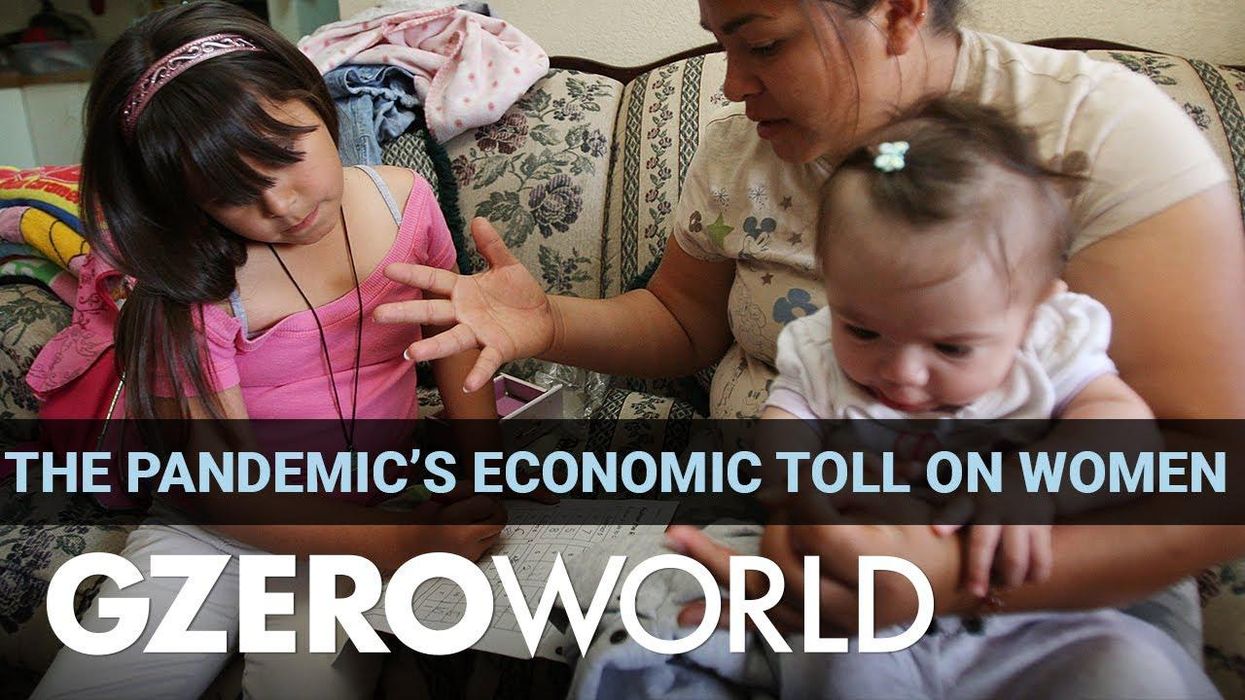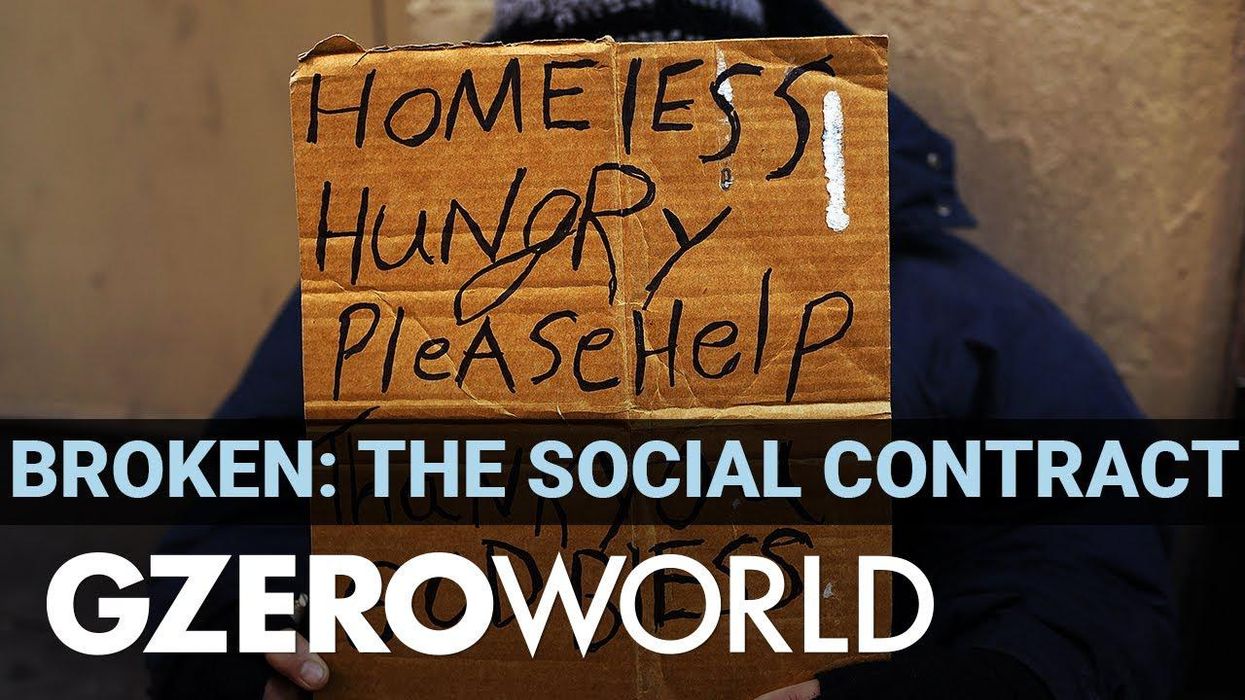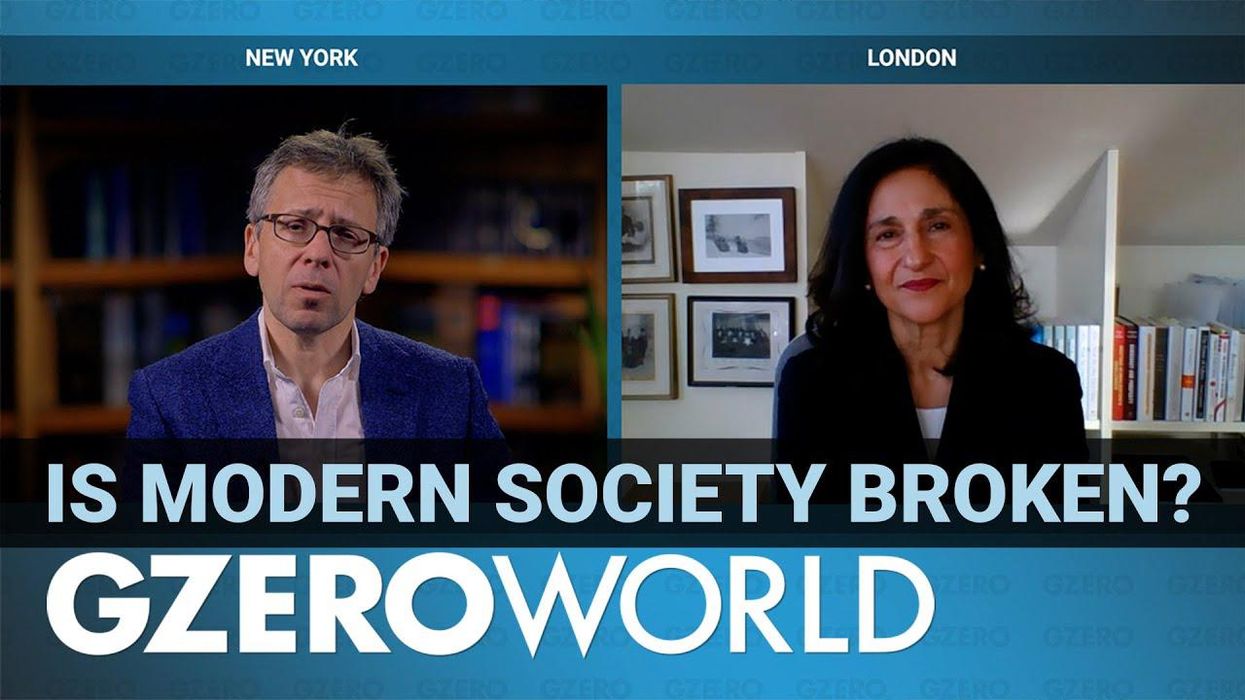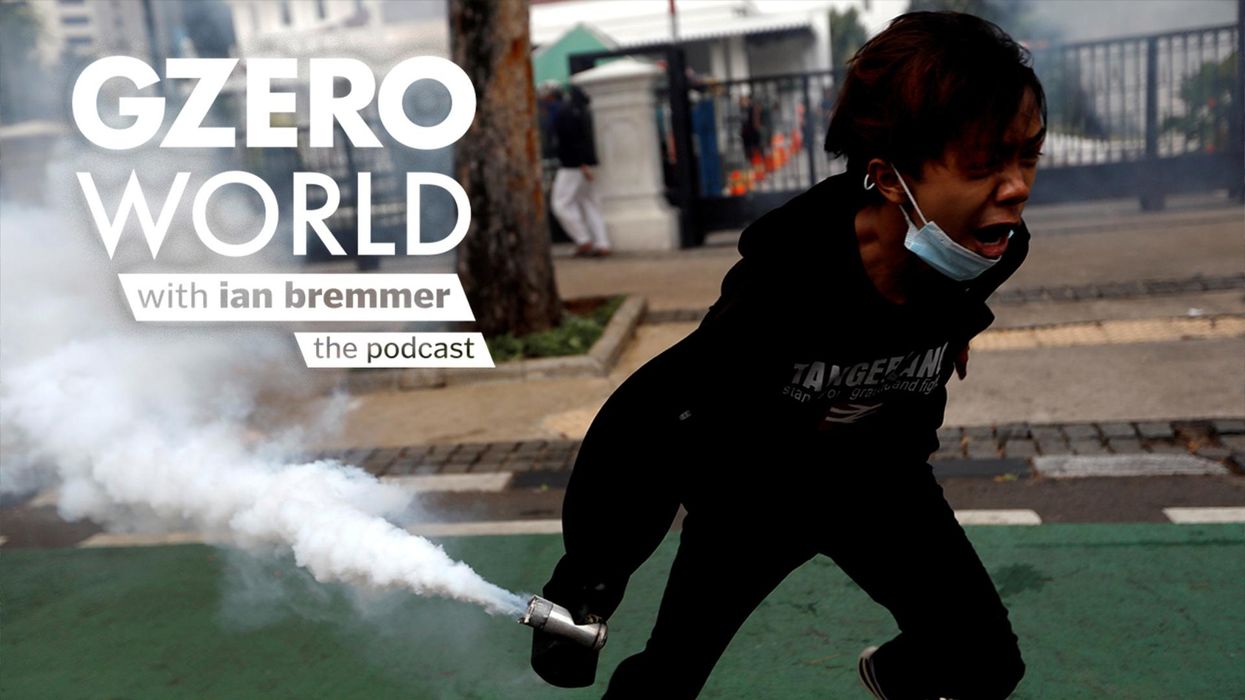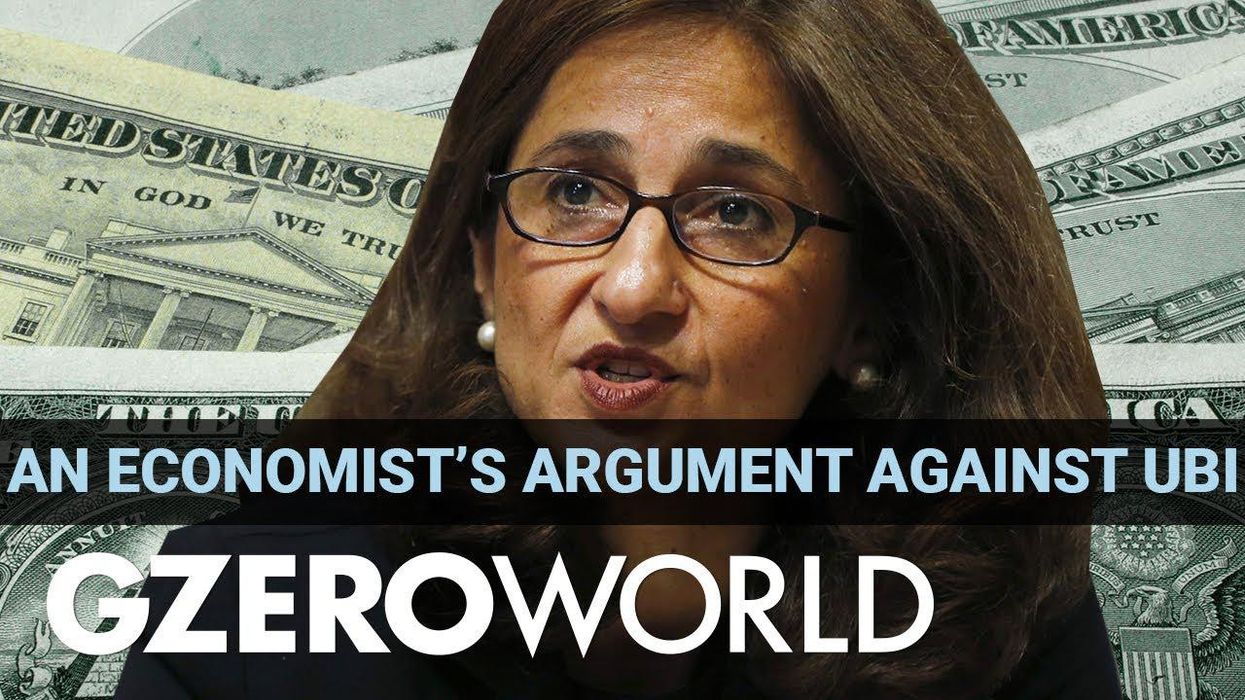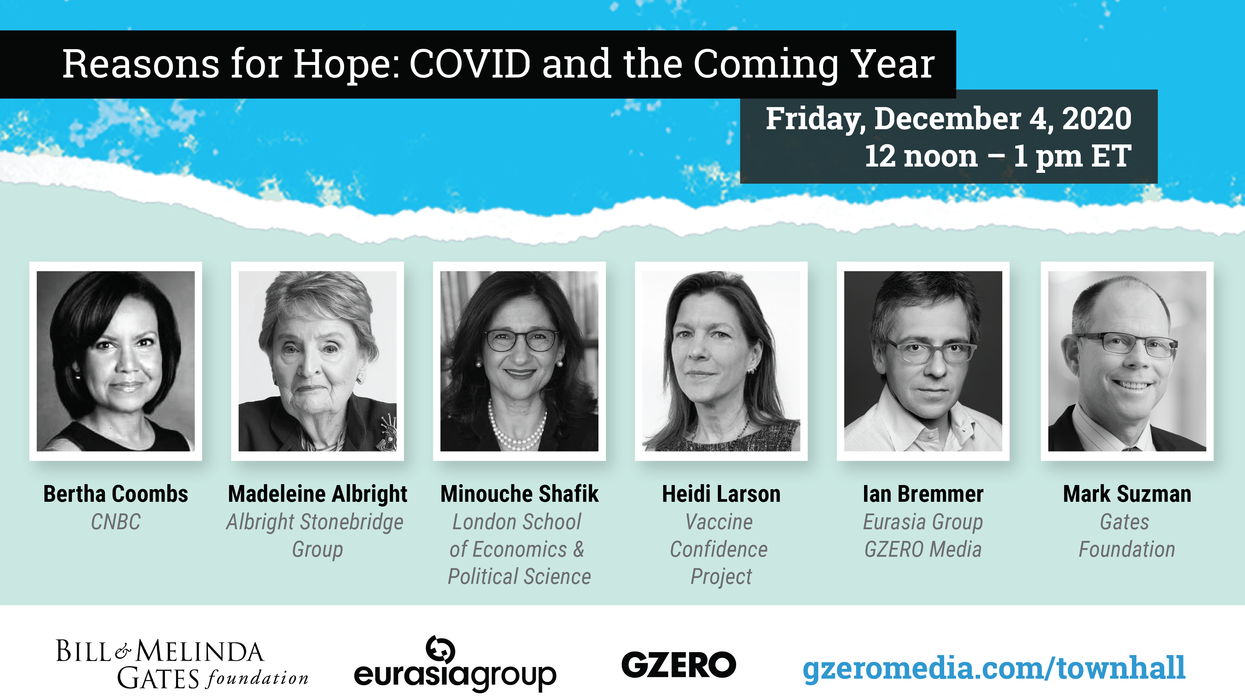Science & Tech
Minouche Shafik: Keeping talented women working is good for the economy
More women are now going to college than men, but much of that talent later goes to waste. Why? For London School of Economics Director Minouche Shafik, the problem is that we don't have systems in place to retain talented women in the workforce in crisis situations like the pandemic, when so many women had to quit their jobs and stay home to take care of their kids.
Nov 13, 2021
